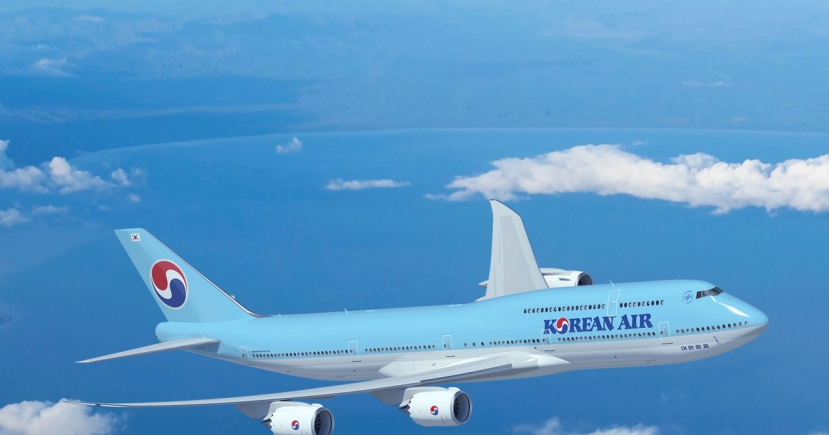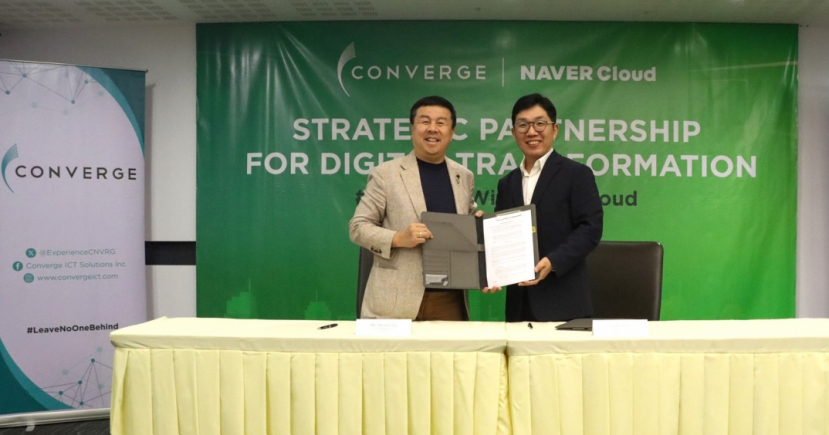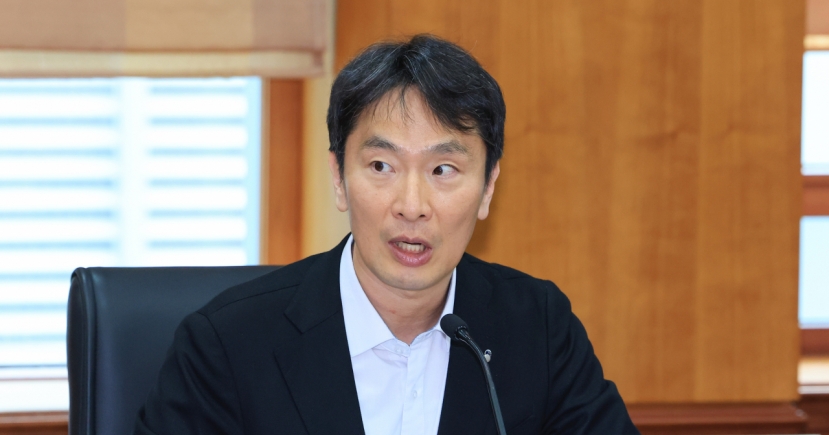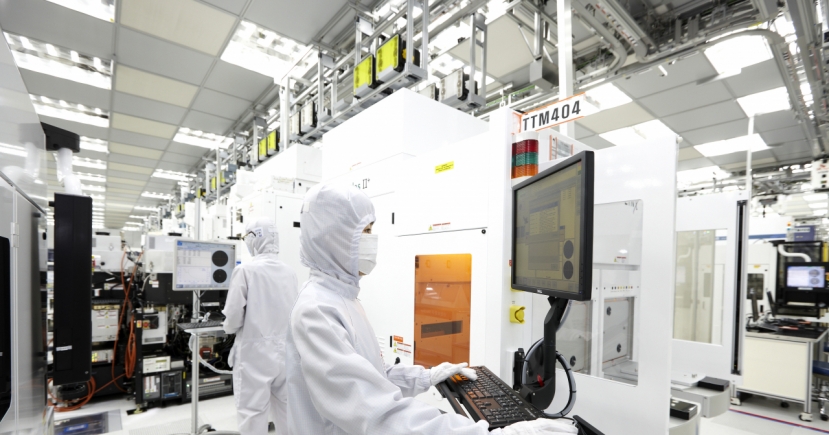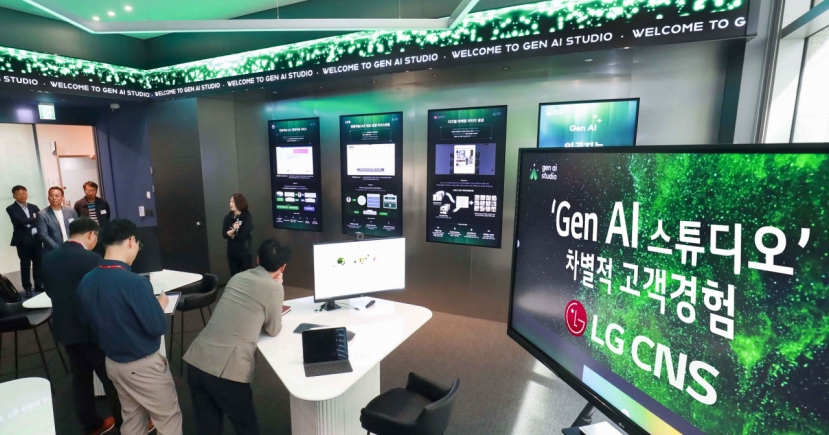Economy
[BIG REUNION] 12 years as a pharmacist
[THE INVESTOR] Lee Hye-kyung, the first person to obtain pharmacist licenses in both Koreas, vividly remembers her exhausting days in the North.
“You have to work two or three jobs at the same time to make a living. South Koreans think a pharmacist is a high-paying job but in the North, I earned less than miners,” Lee told The Investor in a telephone interview on April 19.
Hunting for medicinal plants was her afternoon duty to resolve a shortage of drugs caused by the loss of Soviet support, which caused an overall economic meltdown in the mid-1990s.
That’s not all, late at night, she made noodles to supply to marketplace sellers.
In the interview, she said from what she hears, the situation has not gotten any much better.
The following are excerpts from the interview with Lee.
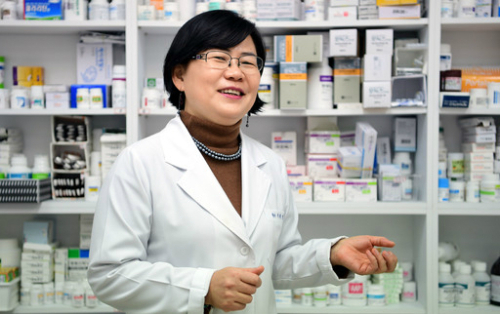 |
Lee Hye-kyung at her pharmacy in Icheon, Gyeonggi Province (Segye Times) |
The Investor: How has your life changed as a pharmacist in the South?
Lee Hye-kyung: In the South, the only obligation that a pharmacist has is to sell medication, but in the North you have to do everything from scratch, including hunting down medicinal plants.
This is because we were always so short on bottom line products. Back in the North, I worked at a hospital as a pharmacist in the morning, then would go plant-hunting in the afternoon. We even had to produce the paper to be used for writing down prescriptions.
Another thing I remember is how the sector was undergoing retrogression from modern medicine because North Korean authorities at the time ordered western medicines to be replaced with traditional herbal medicines. This was actually due to the lack of interaction with Eastern European communist countries that led to medicine shortages.
TI: What is the health care situation like now in North Korea?
Lee: From what I hear, it seems unlikely that the situation has gotten any better than when I left and considering North Korea’s current economic situation, it’s unlikely that the factories that stopped producing necessary medicine have begun to do so.
After the country was hit by an economic crisis and famine in the 1990s, many plants went under, including those that produce necessary antibiotics. This made the situation very hard.
However, one good think about North Korea is that the hospitals are distributed evenly, while in the South, high quality hospitals are focused in Seoul, while those in the countryside are backward.
You can also get free consultation from doctors, but you do have to pay for medicines. There’s also not a big price gap whether you buy medication from the markets or actual drug stores. But if you buy it from the markets, the money goes to the individual seller. So the government tried to soak up this money by setting up state-run pharmacies.
TI: What challenges did you encounter to become a pharmacist here?
Lee: I had worked as a pharmacist for a decade in North Korea but I didn’t have any certification or documents to verify my career. And when I was educated at Hanawon -- a settlement support center for North Korean refugees -- they told us that we would have to start from scratch, even if we were doctors or high-ranking officials. Since you expect a better life in the South, it was hard to give up what I had done in the North. I had worked for 12 years as a pharmacist in North Korea, but all that was worth nothing here.
Eventually, I had to go through medical school again in my 40’s to get a degree. One of the most difficult parts was English, because unlike universities in North Korea, students here study with original texts written in English. I had to go back to the basics, back to the alphabet.
TI: Do you have any advice for North Korean refugees looking for a new life here?
Lee: Learning how to live in the South on your own is another kind of fear, and so is the concern about family members remaining in North Korea. It was the same for me. I was so traumatized when I was tortured and detained in North Korea for six months when I was caught in 1999 trying to bring back my younger daughter.
In 2014, I founded an organization called Sae Sarlm (meaning new life in Korean) to help with the healing, especially for women who suffer from the trauma of their North Korean escapades. We offer mentoring lessons, and reading and discussion sessions. Our goal is to build a healthy and successful defectors’ community.
So I want to give them the message that there are people here who can help you heal.
By Park Han-na (hnpark@heraldcorp.com)



